![[RSS]](/static/img/feed-icon-14x14.2168a573d0d4.png) Conservancy Blog
Conservancy Blog
Displaying posts tagged diversity
Sage Weil: Challenges and Hope
by on January 9, 2019
This is part of our ongoing series on generous matching donors. Sage is the principal architect of Ceph, a completely distributed free software storage platform. Sage serves on the advisory board for CROSS, a program that turns technology created through student research into successful free and open source projects. He even won the O'Reilly Open Source Award in 2013 for his work. Sage and several other outstanding individuals are joining Private Internet Access and a big anonymous donor in offering a total of $90K in matching funds (just through January 15th!) to Conservancy for our continued work to support community-driven licensing and governance practices.
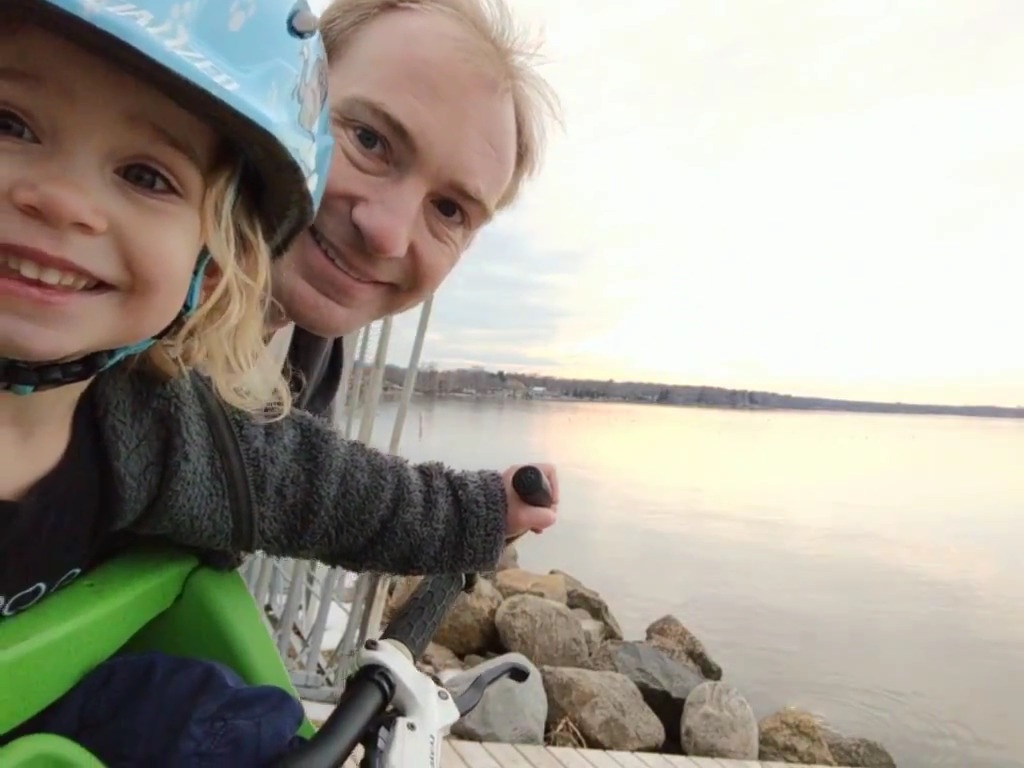
Deb: What's the most exciting thing you've seen recently in free software?
Sage: There are two key free software trends that give me hope. The first is the recent traction in open hardware, most notably with RISC-V, which moves us closer to being able to build a completely free and open hardware *and* software stack. The second is continued commitments to open source from governments around the world, most recently with the EU's bug bounties on a few critical projects.
Deb: Tell us about the moment you decided to become a Conservancy supporter.
Sage: When I learned about Conservancy's involvement in Christoph Hellwig's GPL suit against VMWare I realized that Conservancy was more concerned with user freedom than industry politics and/or the business interests of its supporters. It's because Conservancy is a grassroots organization, supported by individual donors, that it is able to fight unequivocally for free software principles and software freedom.
Deb: Do you have a favorite Conservancy project and/or one that is indispensable to your own work?
Sage: Conservancy's support for Outreachy and its willingness to tackle the diversity challenges in open source communities is a huge contribution to the free software movement. The lack of diversity in the communities I work most closely with is (in my view) one of the greatest risks to the long-term health and success of the relevant projects.
Deb: What do you hope to see Conservancy accomplish in the next five years?
Sage: I would love to see Outreachy continue to expand its reach and scope, and I look forward to seeing the GPL litigation demonstrate that copyleft licenses can't be willfully violated with impunity. Most importantly, though, I would like to see Conservancy continue to serve as a living example of what true open source advocacy looks like as a challenge and model for other free software organizations.
Deb: Anything else you'd like to add?
Sage: The two technology trends that most concern me are the continued erosion of online privacy (and relatively scarcity of freely available tools to help protect private communications and anonymity online) and the growth of public cloud providers as new instruments of software lock-in. Free software is a key component of any strategy to push back against both of these trends, and I am happy to support organizations like Conservancy that are focused on preserving the user freedoms that we often take for granted.
Do you share Sage's vision of a diverse, vibrant and community-driven free software future? Please donate today! Or if you've already donated, share stories about our work and let folks know that we depend on grassroots support to do all the work that we do. Thanks!
The photo of Sage and his daughter is used here courtesy of Sage Weil.Why We Chose a Robust Code of Conduct for Copyleft Conf
by on October 30, 2018
We want all kinds of people to feel safe and comfortable participating as speakers or attendees at Copyleft Conf. Unfortunately, that is neither a given or even the default in many FOSS communities. In order to be credibly welcoming, it is incumbent on each free software community and event to proactively say, "Yes, you are welcome here" and, "No, we will not look away if someone attempts to belittle you, harass you or harm you." It is not enough to merely suggest good behavior. People need to know that those who willfully disrupt our community -- by making it unsafe or uncomfortable for others to participate -- will be asked to leave.
We feel strongly that the future of free software depends on an open, welcoming and evolving conversation around licensing practices and compliance. The copyleft licenses that many of the world's largest free software projects -- like Linux, Git, Drupal and Wordpress -- rely on must be both well understood and used in good faith. This conversation around copyleft is well overdue. We can't afford to turn away those who would help us build the bridges to increase adoption and achieve better compliance.
Free software is meaningless if it is only free for some or is alienating for large swathes of people. At Conservancy, we believe that control of our computing experience affects our democracy, our privacy, the news we have access to and our online relationships. Software freedom is important and it must be for everyone. Everyone must feel that they are welcome to participate in the crucial conversations about the future of the tools we use, the kinds of communities we build and the structures we put in place to ensure software freedom. If you don't agree with our starting principle -- that software freedom is for everyone -- then we will not allow you to alienate others who are willing to work with us, to achieve software freedom for everyone.
The first ever Copyleft Conf takes place on February 4th, in Brussels, the day after FOSDEM. The Call for Proposals is open now.
Highlighting Some of Our Leaders in the Linux Kernel
by on September 20, 2018
This week has shown two interesting events related to Linux. Yesterday, the New Yorker published an article pointing out that abusive behavior in the Linux project specifically has created an unfriendly and unwelcoming environment for underrepresented groups. Linus Torvalds, Linux Foundation Fellow and leader of the Linux project, after having been contacted by the New Yorker in connection with the article, admitted his past behavior has been problematic and is taking time off from the project.
While these moves are a step forward, they cannot alone change the problematic culture we have in technology generally, and Free and Open Source Software (FOSS) in particular. One press article and one leader temporarily stepping aside can only take one small step toward reversing decades of unfriendly culture, where abusive language and conflict are often considered the appropriate way to resolve disputes. We at Conservancy, particularly in its Outreachy project, do our best to help improve this situation for FOSS.
Outreachy provides mentors and coordinators a method and process to promote inclusive culture in their FOSS projects. Our program would not be possible without a lot of key FOSS contributors who behave professionally and are deeply committed to improving the situation. We thank all the people who have contributed to great experiences for Outreachy mentees and hope that recent news helps more people in the community take heart that change is possible. I contacted a few of these people to highlight here.
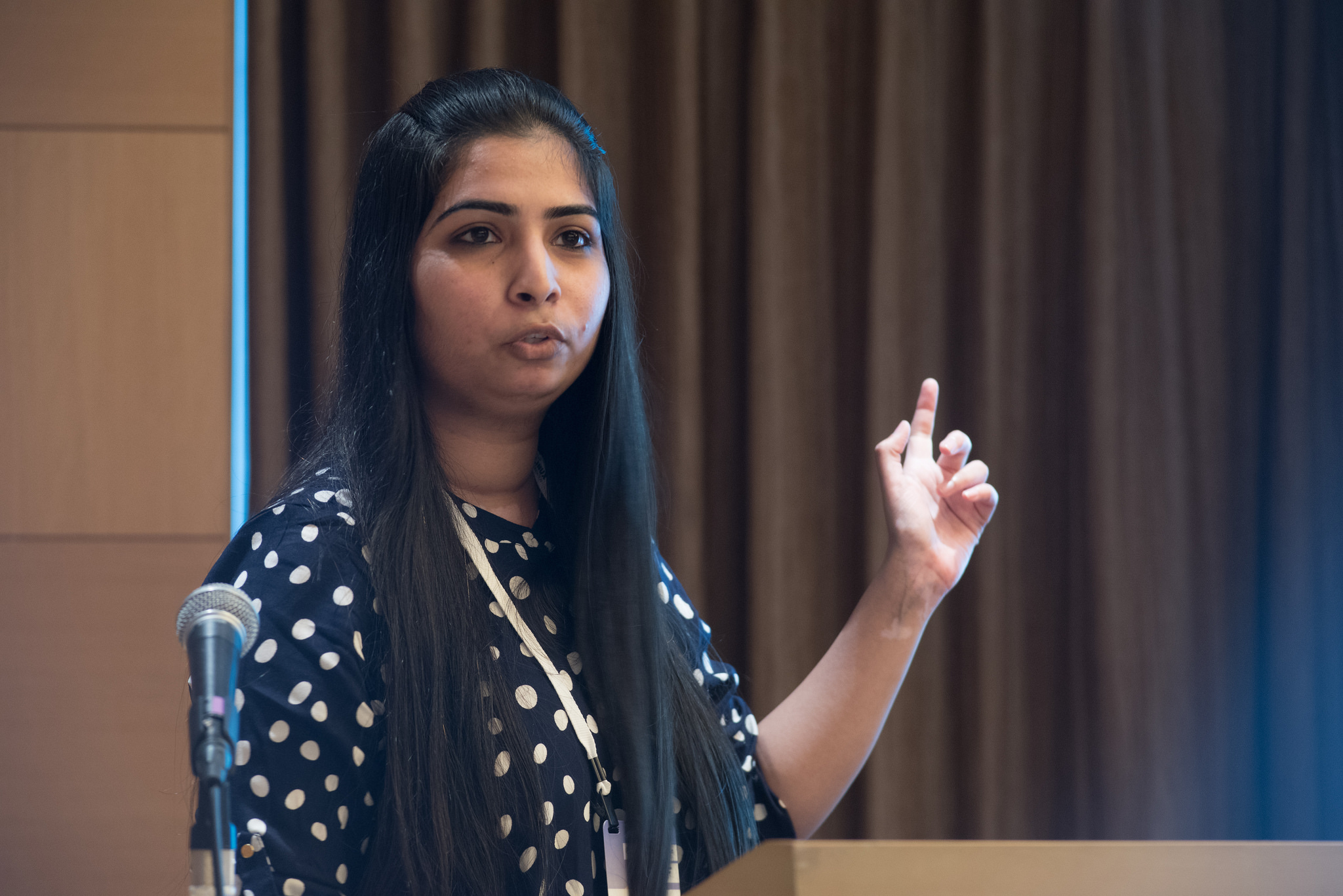
Vaishali Thakkar, Outreachy internship graduate who now co-coordinates of kernel internships commented:
"Outreachy is the best thing that has ever happened to me. I came from an education system where asking questions didn't always end up in positive encounters but rather we were made fun of because not knowing things isn't normal. My first friendly encounters with bunch of mentors in outreachy kernel mailing list also helped me to understand that open learning and open education is not only normal here [in open source] but is also something you are celebrated for. Which was really a huge thing for me at that time because it helped me to build my confidence and make my space in the open source industry.
Lately, I've been giving a lot of Linux Kernel contribution workshops in Indian universities [offline] and in Kenya [online] to spread the word about the wonderful opportunities the program provides with a hope to increase more diverse set of contributors in the kernel community. Outreachy is touching so many lives at so many levels ranging from giving equal pay opportunity to people traditionally underrepresented in open source to help building a welcoming and diverse communities. My motivation for volunteering as a coordinator is merely an expression of saying thanks to all wonderful people who has helped me reach at where I am today and also about enjoying a feeling that comes from playing a role in building welcoming communities together."
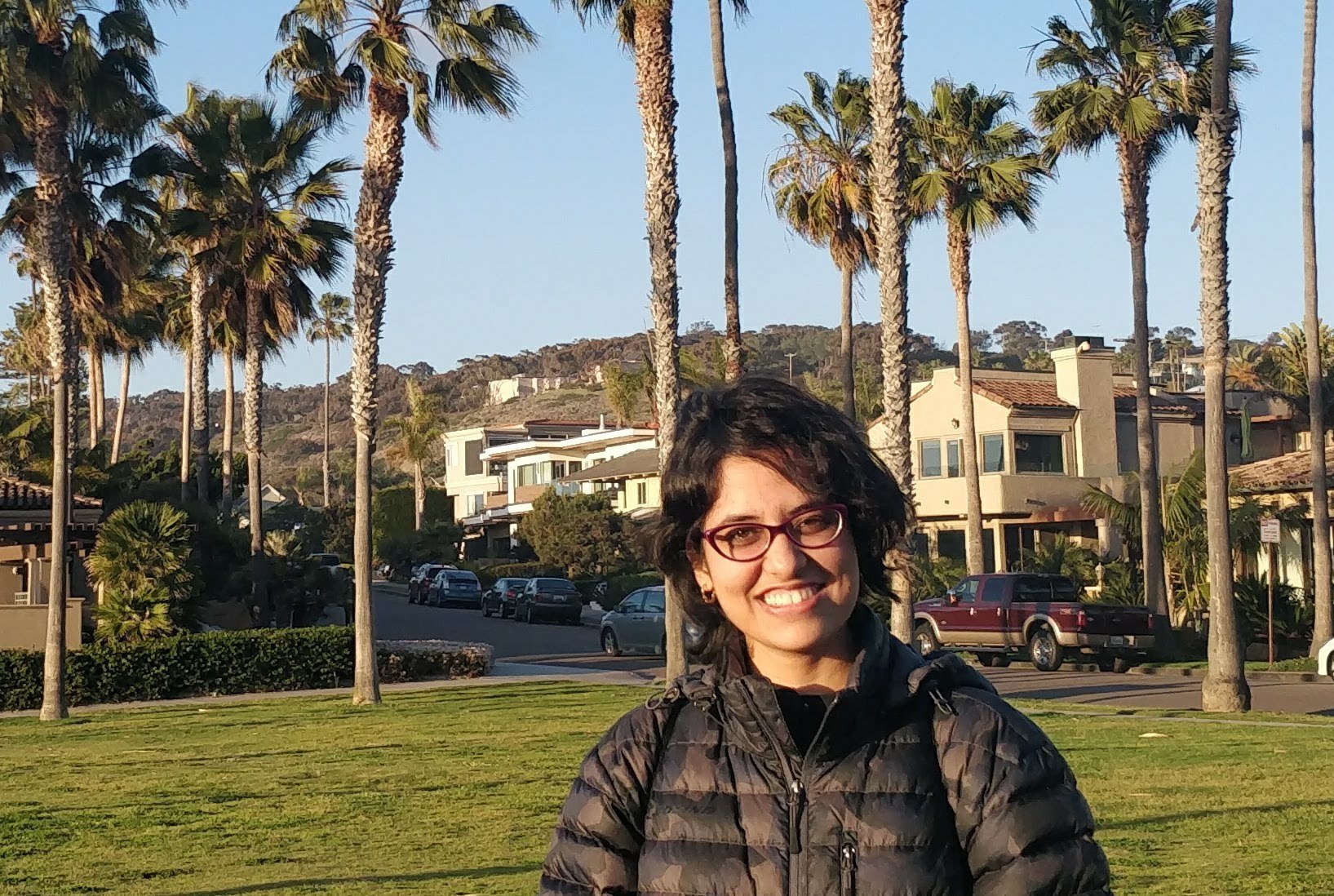
Shraddha Barke, who is also an Outreachy internship graduate and now co-coordinates kernel internships with the Outreachy project added:
"During my undergrad, I was desperately looking for opportunities to work on real problems. That's when I got the chance to intern with Outreachy and that exposed me to the wonderful Linux community and gave me lifelong mentors and friends. Julia Lawall has mentored me for the past few years, right from Outreachy to my graduate school. Outreachy opened more doors for me than I could've imagined.
My motivation to volunteer stems from the feeling to give back to the community that has given me so much. Outreachy provides a supportive platform for people underrepresented in technology. I love knowing that I'm playing a small role in the worldwide impact Outreachy is having today! And I'm excited to see how big it will grow. :)"
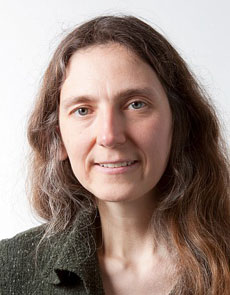
Julia Lawall, who has previously coordinated Outreachy participation in Linux, and continues to mentor noted:
"As a former teacher and as a researcher, I have observed that many female students who start in computer science become discouraged and drop out during or after their studies. Thus, complementarily to my research activities, over the past four years, I have been active as a mentor and then as the coordinator for Linux for the Outreachy Internship program. Providing female students in computer science with the opportunity to interact with and get feedback from top-quality well-known developers helps build their confidence making it possible to move beyond the inevitable discouraging moments. There were 71 applications for Linux internships while I was coordinator for Linux, and 30 internships offered. After their internships, interns have gotten jobs at companies such as Red Hat, Intel, Bloomberg, Oracle and Collabora. Several interns have instead opted for further studies, including two who are starting as PhD students at UCSD and Columbia this fall. Former interns have also been active in outreach, both through informal events that they have organized on their own and through Outreachy itself."
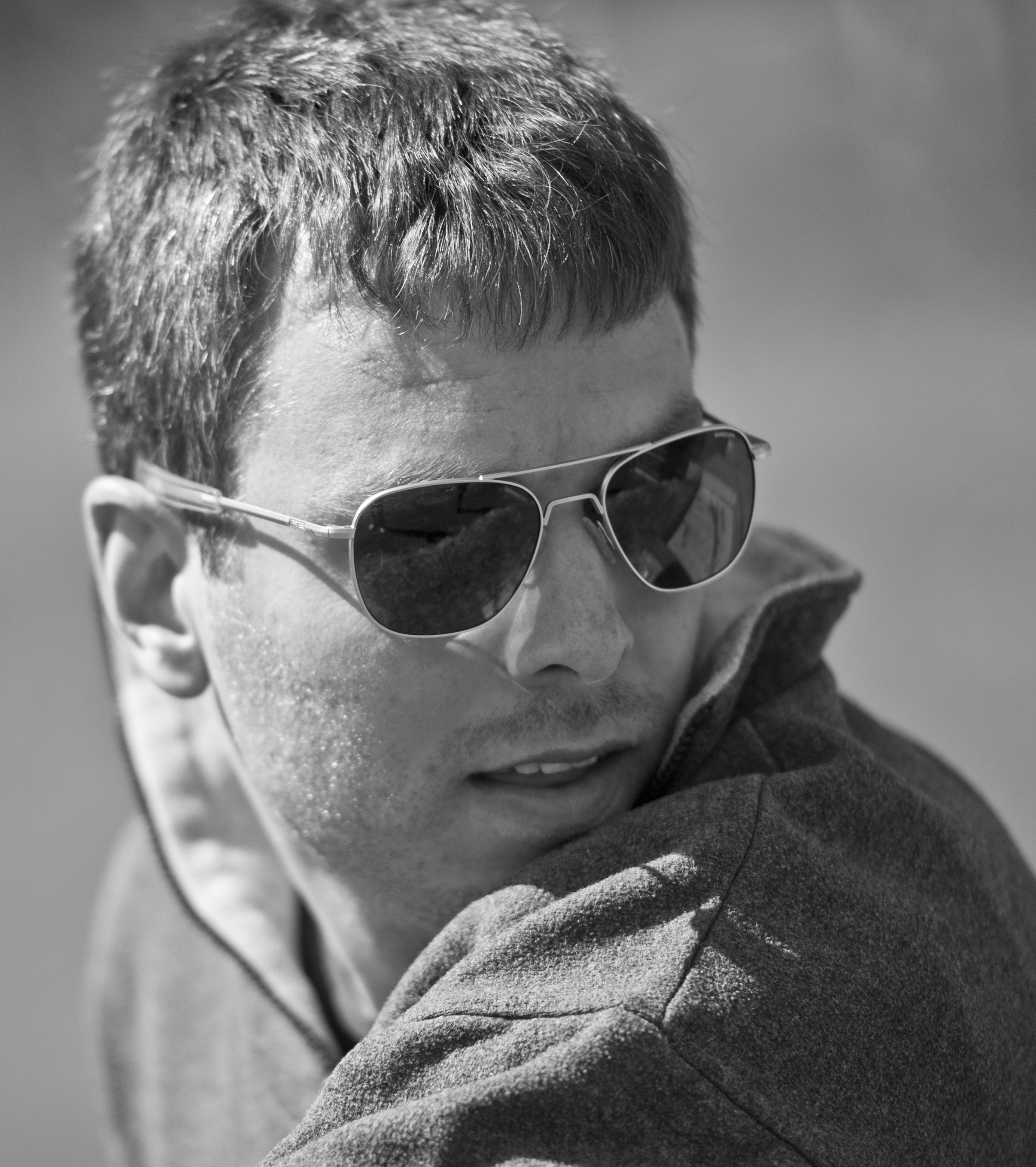
Daniel Vetter, who mentors Outreachy interns in the Linux Kernel's GPU driver subsystem adds:
"The Outreachy program is the best program we have to improve diversity and inclusiveness in FOSS long-term. While Linux as a project is deeply problematic, there are pockets of sub-communities who really care about creating inclusive spaces and can provide Outreachy participants a great internship experience contributing to critical technology low in the stack.
I am very glad to provide my help supporting Outreachy participants as a mentor and Outreachy's critical role in building better communities and a diverse and inclusive FOSS culture."
We hope the events of this week indicate that times are changing, and the status quo of behavior fails as an adequate standard for civility, inclusiveness and diversity. We thank all those who have spent years, both behind the scenes and in the public fray, pointing out and pushing for inclusiveness in Linux and all other FOSS communities. We welcome mentors, coordinators and sponsors to get involved in Outreachy and we hope to continue working on related issues and supporting those of you who are working behind the scenes to make free software a place for everyone.
Karen Sandler Interviewed about Sexism and Imposter Syndrome
by on September 19, 2017
During an interview with mic.com, our executive Director Karen Sandler spoke about sexism in tech and imposter syndrome.
